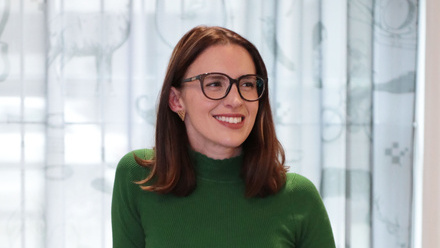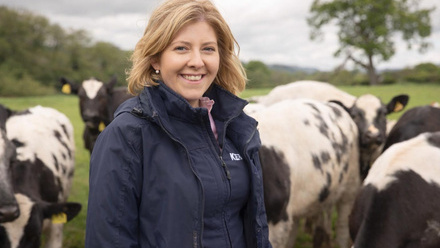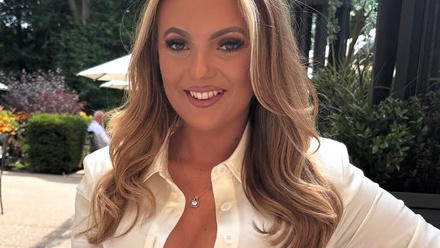All the Things You Wanted to Ask About Mentoring (But Didn’t)
If you’ve ever thought, “I’d love to support other women in the industry… but I’m not sure I’m mentor material”, you’re not alone. Many of our most impactful mentors at Meat Business Women started out exactly where you are now: curious, a little unsure, and wondering if they were ‘senior enough’ to make a difference.
And the truth is that great mentors aren’t defined by job titles.
They’re defined by generosity, experience (at any level), an ability to listen, and a willingness to share their insights. Mentoring is about supporting, listening, and helping someone find their own solutions, and in doing so, you grow too.
So, let's start by combatting some common myths about Mentoring...
“I need to have all the answers.”
You don’t! In fact, mentoring works best when you don’t try to fix everything. Your role is to be a sounding board, ask thoughtful questions, and offer perspective when it’s helpful. Often, the most valuable gift you can give is helping a mentee unlock the answers they already have inside.
“I’m not senior enough to be a Mentor.”
Mentoring at Meat Business Women isn’t reserved for CEOs. It’s about sharing real-world experience, whether that’s navigating a production floor, building a network, or managing a career pivot. If you’ve learned lessons along the way, someone else can benefit from them. As long as you've been in your role for a few years, you're bound to have experience to share.
Okay... now we know there are a few challenges that come up around being a Mentor, - let's dive into those!
“I don’t have enough time to commit.”
Our mentoring process is designed to fit alongside your career and personal commitments. Most partnerships meet for one hour a month over 6–12 months, giving both mentor and mentee time to reflect and take action without adding overwhelming pressure.
“I wouldn’t know what to talk about.”
Don't worry! You don’t have to plan every session from scratch. When you register as a Mentor, we provide you with practical session frameworks, example questions, and first conversation checklists to guide your discussions and keep things productive and natural. The more you use these, the more your confidence will grow over time.
“I’m worried I’ll say the wrong thing or give bad advice.”
Your role is not to hand out all the right answers but to share perspectives, ask questions, and help your mentee explore their own options. Listening and guiding is often far more valuable than offering a solution!
“I’m not confident in my own achievements - how can I help someone else?”
Many women underplay their own career journeys, assuming their experiences are nothing special. The truth is, what feels normal to you might be exactly the encouragement someone else needs to take their next step - sometimes it's the thing that is most obvious to you which is brand new information to other people.
"How do I build trust with my Mentee?"
Start with openness and consistency. Share a little about your journey and why mentoring matters to you. Listen actively. Respect their time. Show up when you say you will. Trust grows from these small, repeated actions. If an issue falls outside your experience or comfort zone, be honest and help your mentee find other resources or people who can help. Setting boundaries is part of building trust.
"How do I know if I’m doing a good job?"
If your mentee feels seen, heard, and supported, you’re making an impact. There’s no single “right” way to mentor. If you’re creating space for honest conversation, encouraging action, and checking in regularly, you’re on the right track.
So...Is it really worth it?
Mentoring is a two-way street, helping you to gain fresh perspectives, strengthen your leadership skills, build your network and experience the satisfaction of helping someone else succeed. And the sense of satisfaction is HUGE! As one of our Mentors puts it "I REALLY enjoy the mentoring sessions, they are a highlight to my week 😊"





